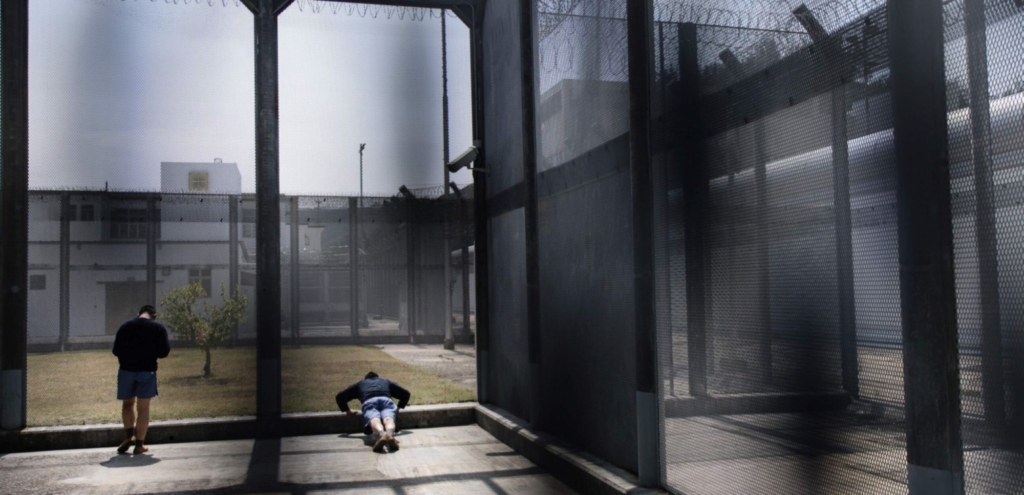Amnesty International welcomes today’s landmark decision in Minister of Public Safety and Emergency Preparedness v Chhina, finding that the statutory regime in the Immigration and Refugee Protection Act does not provide for review that is “at least as broad and advantageous as habeas corpus.”
This case was about the basic right of immigration detainees to challenge the lawfulness of their detention by way of habeas corpus – a constitutionally protected right rooted in centuries of common law protections limiting the power of the State to arbitrarily deprive individuals of their liberty. When the case was heard last fall, Amnesty International argued that Canada has an international legal obligation to guarantee immigration detainees are able to exercise this right.
“The right to liberty is a fundamental human right. This decision vindicates immigration detainees who have been denied their liberty for years on end with no meaningful way to challenge that injustice and regain their freedom,” said Alex Neve, Secretary General of Amnesty International Canada. “They can now seek justice in superior courts and have their Charter rights protected and enforced.”
Tusif Ur Rehman Chhina, the respondent in the case, is a man of Pakistani origin who was held for over 2 years in immigration detention, beginning in November 2015. During that time, his detention was reviewed 12 times under the mechanism put in place by the federal Immigration and Refugee Protection Act. Nevertheless, he was kept in detention because the Canada Border Services Agency (CBSA) believed that detention was necessary in order to eventually deport him, even though there were alternatives to detention presented.
When Mr. Chhina, who was being held in Alberta, applied to a provincial court in Alberta to have the legality of his detention reviewed, it declined to hear the case stating that the existing federal statutory mechanism was sufficient. The Alberta Court of Appeal subsequently overturned that decision, underscoring the importance of the right to habeas corpus. The Supreme Court upheld that decision today, holding that the trial judge should have heard Mr. Chhina’s application.
This case paves the way for immigration detainees to seek remedy for the deprivation of their liberty from provincial superior courts through a habeas corpus application.
“This is undoubtedly a victory, but more needs to be done. There is no legal limit on the maximum length of time that an individual can be held in immigration detention in Canada. People can be held in immigration detention, sometimes indefinitely, without any charges. That is unacceptable,” said Justin Mohammed, Amnesty International’s Human Rights Law and Policy Campaigner.
Amnesty International was represented at the Supreme Court by Michael Bossin, Jamie Liew and Laïla Demirdache.
For more information, please contact Lucy Scholey, Amnesty International Canada (English), + 613-744-7667 ext. 236, lscholey@amnesty.ca.
ISSUES & COUNTRIES
AMNESTY INTERNATIONAL
Amnesty International is a human rights organization and global movement of more than 10 million people in over 150 countries and territories who campaign for human rights. We are independent of any government, political ideology, economic interest or religion and are funded by individuals like you. We believe acting in solidarity and compassion with people everywhere can change our world for the better.
CAMPAIGNS
CANADA
WORLDWIDE
REPORTS & PUBLICATIONS
PRESS RELEASES
- Amnesty International Canada condemns Alberta’s use of Notwithstanding Clause to prop up anti-trans policies
- Fossil fuel infrastructure is putting rights of 2 billion people and critical ecosystems at risk
- Sentencing of land defenders sends ‘chilling message’ about Indigenous rights in Canada
- Joint statement: People across Canada demand that Temporary Foreign Worker Program respect migrant workers’ rights and dignity
- Canada: First 100 days of new Parliament signal regression on human rights
PODCAST
Listen to Rights Back at You
We introduce you to fascinating people who are making change unstoppable. Hear powerful stories of resistance and solidarity and learn more about how you can take action now for human rights. This series connects the dots and passes the mic to people building a better future now. Together, we unravel the Canada you think you know and challenge the systems that hold back human rights.





















